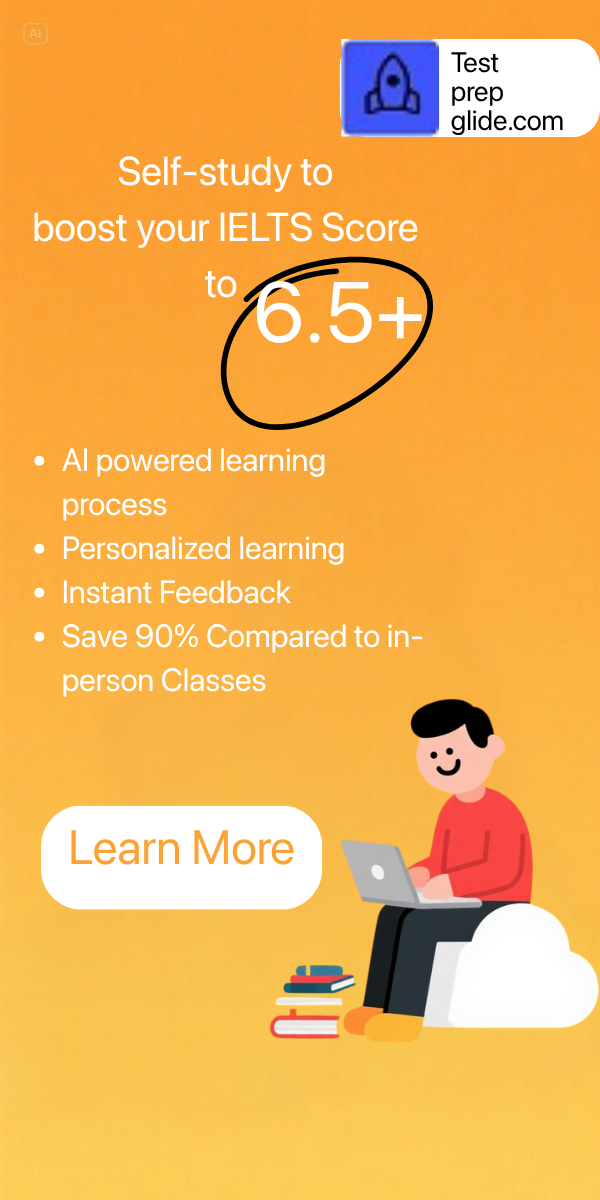Mastering the IELTS Reading Module Insider Strategies Your Trainer May Not Share
If you’ve faced challenges with IELTS Reading despite attending preparatory classes, these targeted techniques — often overlooked even by mentors — could transform your approach. Let’s delve into actionable strategies to elevate your performance.
Answer Sequences Follow Passage Order
Many IELTS programs neglect to emphasize a critical detail: answers align sequentially with the passage’s information flow. Unaware test-takers waste time scanning entire sections, while strategic candidates save time and boost accuracy by progressing linearly. For instance, if Question 3’s answer appears in paragraph 2’s second line, Question 4’s solution will logically follow afterward, never before.
Strategic Keyword Identification
While instructors advise underlining keywords, few clarify how to pinpoint them effectively. Prioritize nouns and verbs while disregarding pronouns or prepositions. In True/False/Not Given questions, isolate phrases like “Fertilizers…required for some crops” and circle qualifiers like “some,” which could alter the statement’s meaning against the text.
Time Optimization Tactics
Time mastery is paramount. Tailor your strategy: some struggle with speed-reading, others with True/False/Not Given tasks. Allocate no more than 10 minutes per passage, reserving 1–2 minutes to transcribe answers either after each section or mid-test. Simultaneous transfer prevents last-minute rushes, while finishing early allows review.
Targeted Self Improvement
Top scorers attribute success to relentless self-assessment. Post-practice, analyze errors such as spelling lapses or ignored word limits. Embrace a growth mindset: complacency stalls progress. Track recurring weaknesses (e.g., matching headings, skimming efficiency) and drill those areas until they become strengths.
Question Type Specific Approaches
Each IELTS question category demands distinct tactics. Skilled mentors teach foundational methods, but self-practice reveals personalized tweaks. For short-answer questions, focus on interrogatives like “what,” “where,” or “when.” Experiment during practice to uncover what accelerates your accuracy — whether underlining synonyms for matching tasks or scanning dates for chronological queries.
By integrating these nuanced methods, you’ll refine your technique beyond conventional coaching, turning persistent hurdles into achievable milestones.






